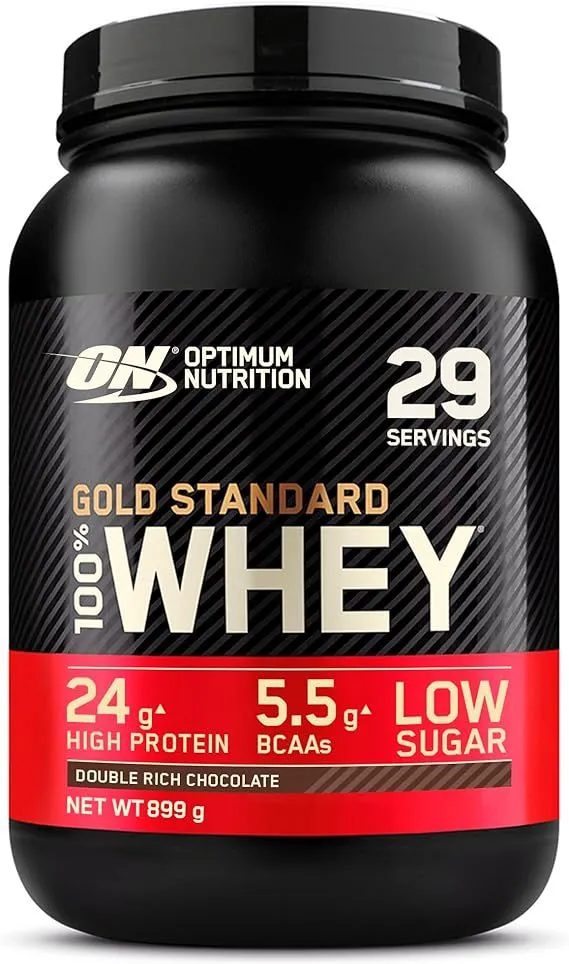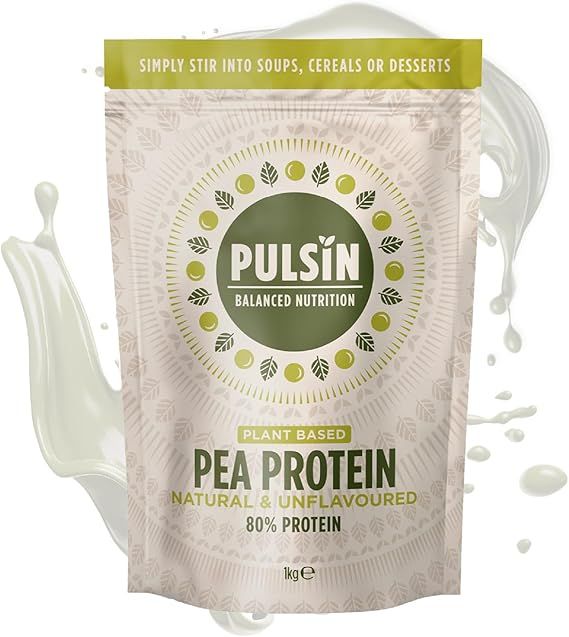A sensible view of supplements
Supplements attract big promises and large claims on the front of tubs. It is easy to come away thinking success in the gym depends on a complicated stack of powders and pills. In practice, training, food and sleep do the heavy lifting. Supplements can make life easier or provide a small nudge in the right direction, but they sit on top of a solid routine rather than replacing it.
Some products have been studied for many years and are widely used. Others are marketed heavily despite mixed findings. A balanced overview helps you choose simple options that align with your goals and your budget.
What studies suggest at a glance
The summary below reflects how common supplements are discussed in published research and how they are often used in training contexts. Amounts are typical serving ranges. Always follow product labels.
| Supplement | Research status | Typical use (approx.) |
|---|---|---|
| Creatine | Well studied | 3 to 5 g daily, may support strength and power |
| Whey protein | Well studied | 20 to 30 g per serving, convenient source of protein |
| Caffeine | Well studied | 3 to 6 mg per kg body weight, may support energy and focus |
| BCAAs | Mixed evidence | 5 to 10 g, sometimes used if dietary protein is low |
| Beta-alanine | Developing | 2 to 5 g, studied for high-intensity efforts |
| Glutamine | Limited | Marketed for gut and immune health; findings are mixed |
This overview is for general information only and does not replace professional advice.
A closer look at common choices
Creatine is one of the most consistently discussed products in the sports nutrition world and is commonly used by people who lift weights or take part in power‑based sports. Typical daily amounts are small, mixing into water without much taste. Many users choose a simple monohydrate powder because it is affordable and straightforward.
Whey protein is not a performance enhancer in itself. It is a convenient way to reach the daily protein range that many active people find useful. If your meals already cover your needs you may not need it. If you are short on time or appetite, a scoop in a shaker can help you stay on track.
Caffeine appears in many pre‑workout blends as well as in everyday drinks. It is often used before harder sessions. People vary widely in their tolerance, so it makes sense to start at the lower end of typical amounts and to be mindful of timing later in the day.
Branched‑chain amino acids are popular because they are easy to sip around training. If your daily protein intake is already sufficient, the added effect may be limited. Some still like the habit. Beta‑alanine is included in many blends targeting high‑intensity exercise. Some users notice a harmless tingling sensation on the skin. Glutamine appears frequently in marketing materials. Findings are mixed and it is not essential for most.
Stacks kept simple
The word stack can sound more complicated than the practice. It usually means combining a small number of products that serve different roles. A common example is whey protein for convenience and creatine for strength and power contexts, with caffeine used before harder sessions. More is not necessarily better. Each addition should earn its place and should not push food and sleep down the priority list.
Safety and good sense
Amounts in this guide are approximate and for information. Always follow labels for the specific product you are using. Supplements are not intended for children. If you are pregnant, breastfeeding, or you have a medical condition or you take medication, speak to a professional before using them. If you ever feel unwell when trying a supplement, stop using it and seek advice.
FAQs
Do I need supplements to make progress? No. Many people progress through training, food and sleep alone. Supplements are optional if they make your routine easier.
What is a sensible first purchase? Many people start with a protein powder for convenience or with creatine for strength and power contexts. Both are common and straightforward to use.
Are pre‑workouts a good idea? They can feel useful to some people. Others find the stimulant content too strong. Check the caffeine amount and begin cautiously if you try one.
Closing thoughts
Supplements are tools. Some are well established and practical. Some are overcomplicated for the sake of marketing. If you keep your approach simple and build on a diet of ordinary food, you will avoid wasting money and you will avoid the feeling that progress depends on a cupboard full of tubs. If you want ideas on products that readers commonly choose, our guides and round‑ups are a useful place to begin.
Featured Protein Powders

Gold Standard Whey

Pea Protein Powder
Premium plant-based protein for vegans and vegetarians.
Ready to Upgrade Your Protein?
Check out our curated protein roundups and comparison guides to find the perfect powder for your goals.
Explore Top 10 Powders Take the Quiz
